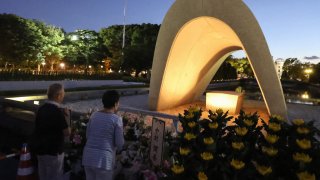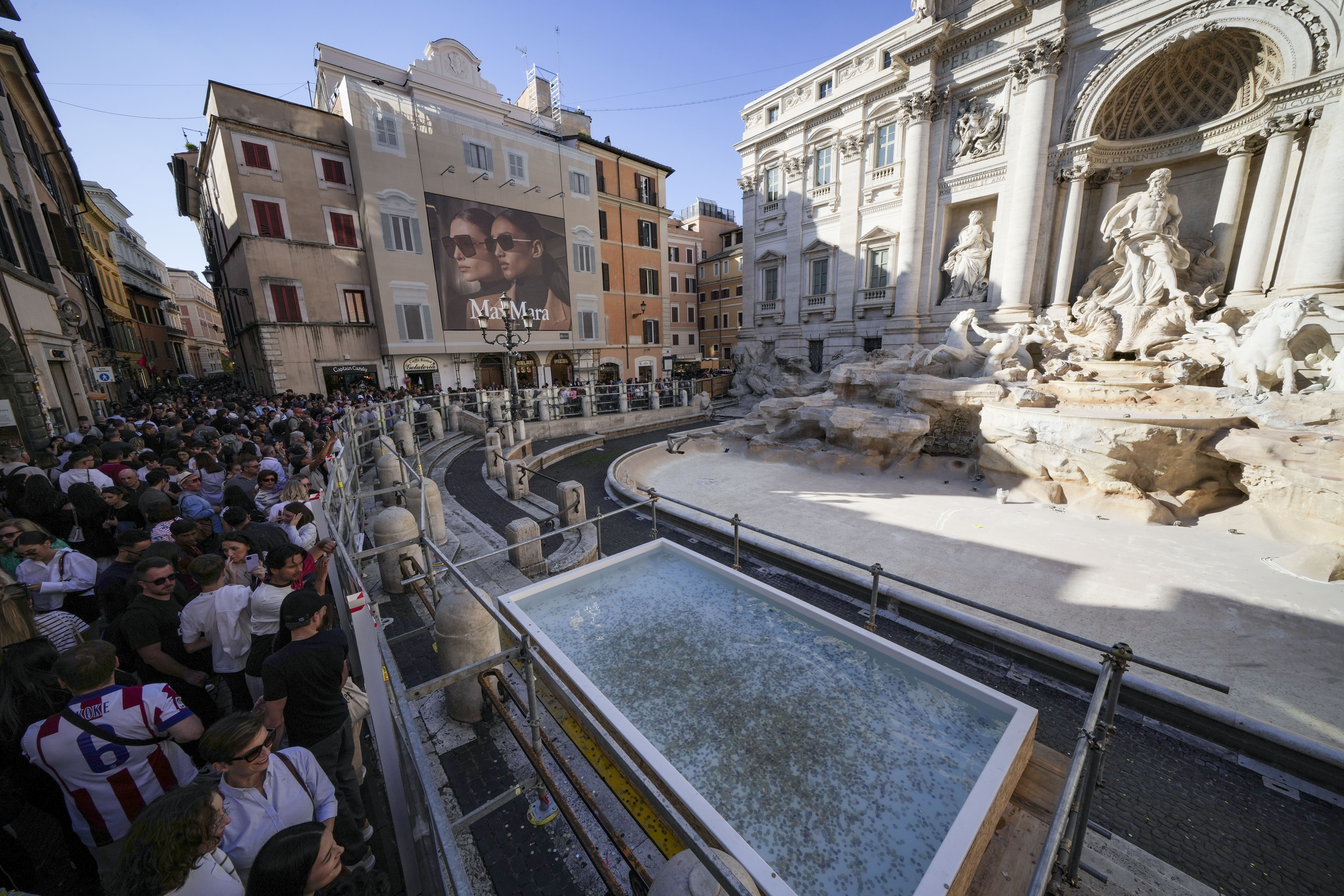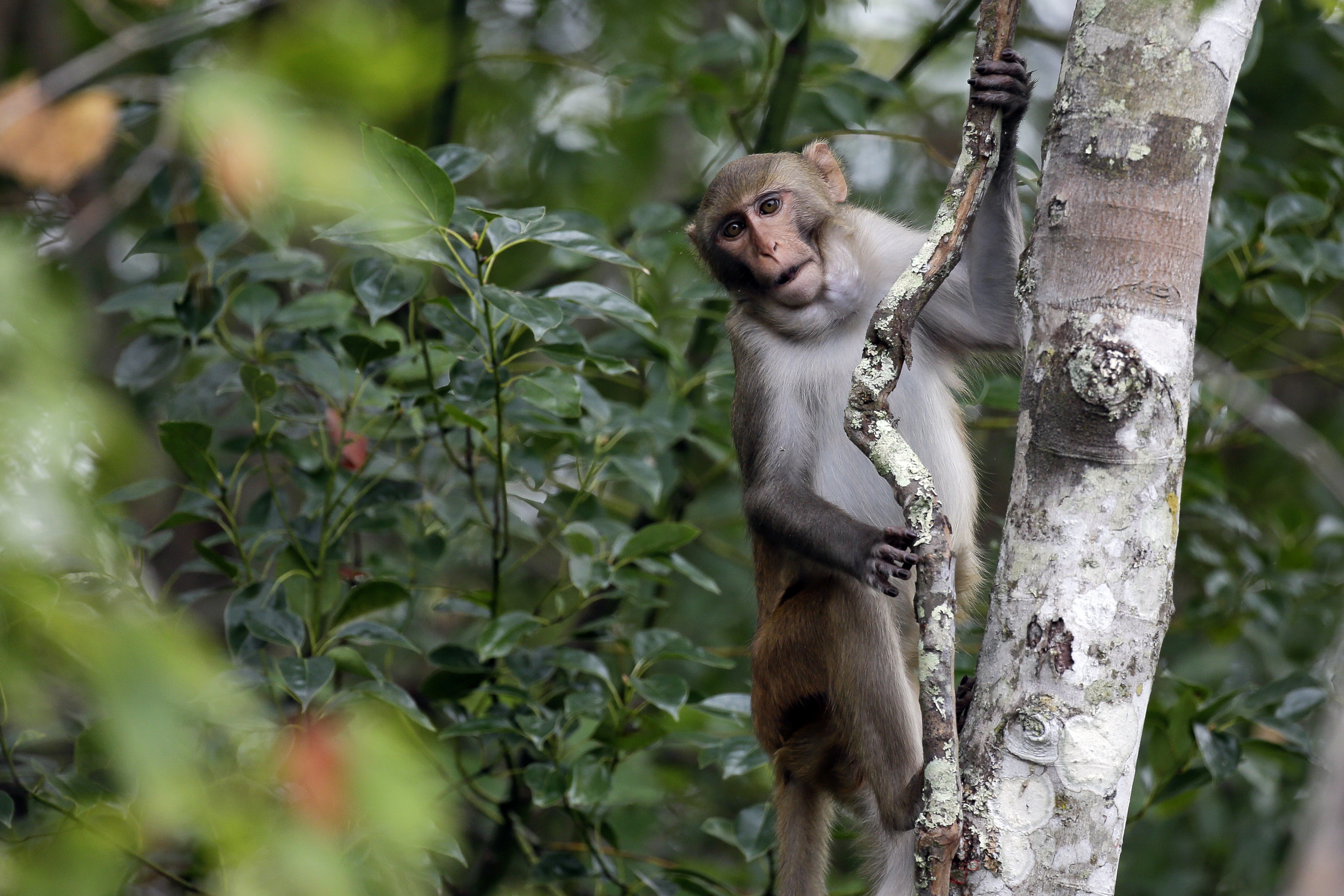
Hiroshima officials criticized growing support for nuclear weapons as a deterrent resulting from uneasiness over Russia's war in Ukraine and tensions in the Koreas, commenting Sunday as the city remembered the atomic bombing of 78 years ago.
The observance came two months after Hiroshima hosted a summit of the Group of 7 major industrial nations, at which G7 leaders visited the city's peace park and a museum dedicated to those who died in the word’s first atomic attack.
The leaders issued a joint statement calling for the continued non-use of nuclear weapons, but they also justified having such arms to “serve defensive purposes, deter aggression and prevent war and coercion."
Hiroshima Mayor Kazumi Matsui rejected that position in his peace address at the commemoration.
Get top local stories in Southern California delivered to you every morning. Sign up for NBC LA's News Headlines newsletter.
“Leaders around the world must confront the reality that nuclear threats now being voiced by certain policymakers reveal the folly of nuclear deterrence theory,” he said. “They must immediately take concrete steps to lead us from the dangerous present toward our ideal world.”
Hiroshima Gov. Hidehiko Yuzai questioned the growing calls for reinforced nuclear deterrence around the world, including in Japan, since Russia invaded Ukraine and warned of possible nuclear weapons use, while North Korea advances its missile and nuclear development.
“Believers of proactive nuclear deterrence, who say nuclear weapons are indispensable to maintain peace, are only delaying the progress toward nuclear disarmament,” Yuzai said.
U.S. & World
News from around the country and around the globe
The atomic bomb dropped by the United States on Hiroshima on Aug. 6, 1945, destroyed the city, killing 140,000 people, and a second bomb dropped three days later on Nagasaki killed an additional 70,000. Japan surrendered on Aug. 15, ending World War II and Japan’s nearly half century of aggression in Asia.
Prime Minister Fumio Kishida, who represents Hiroshima in parliament, has sought to highlight the G7 commitment to nuclear disarmament and a condemnation of Russia’s threats to use atomic weapons. But he has been faulted by survivors for refusing to sign the Treaty on the Prohibition of Nuclear Weapon.
Arguing the pact is unworkable because no nuclear-armed state has signed, Kishida has pledged to serve as a bridge between nuclear and non-nuclear states and work for nuclear disarmament. His critics say it is a hollow promise because Japan relies on the U.S. nuclear umbrella for protection and has been rapidly expanding its military.
Japan, the United States and South Korea are stepping up security cooperation in response to a more assertive China and the growing nuclear and missile threats from North Korea. Washington and Seoul have agreed to strengthen their nuclear deterrence cooperation, and Japan also wants stronger protection by U.S. nuclear weapons.
Kishida, who also attended Sunday's ceremony, said the path toward a nuclear-free world has grown tougher because of rising tensions and conflicts. “But the situation makes it even more important for the world to regain the momentum,” he said.
People at the ceremony observed a moment of silence with the sound of a peace bell at 8:15 a.m., the time when a U.S. B-29 dropped the bomb on the city. Hundreds of white doves, considered symbols of peace, were released.
Many survivors of the bombings have lasting injuries and illnesses resulting from the explosions and radiation exposure and face discrimination in Japan.
As of March, 113,649 survivors, whose average age is now 85, are certified as eligible for government medical support, according to the Health and Welfare Ministry. But many others, including those who say they were victims of the “black rain” that fell outside the initially designated areas, are still without support.
The mayor urged Kishida's government to provide stronger support and address their wishes.
Aging survivors, known in Japan as hibakusha, continue to push for a nuclear arms ban and hope to persuade younger generations to join the movement. A group led by a number of young supporters, including those from Hiroshima, is seeking to have Japan's government sign the nuclear weapons ban treaty by 2030.



